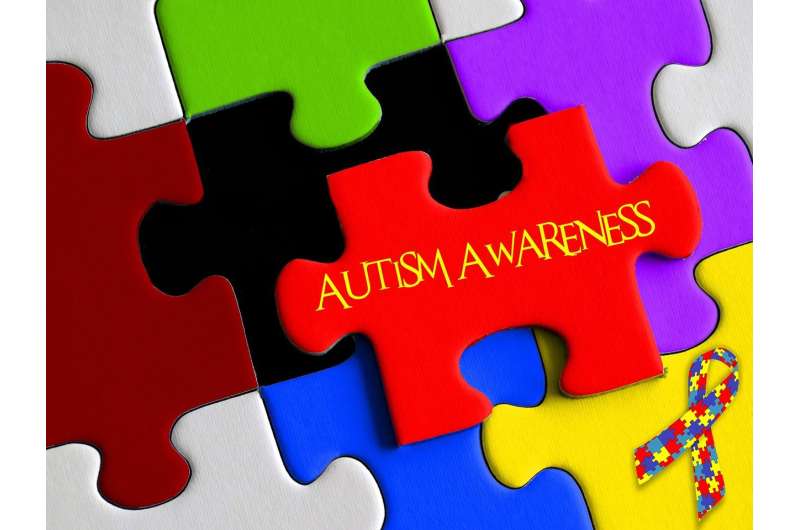Research Links Personal Perception of Athletic Ability to Personality, Family Background, and Past Experiences

A study reveals that individuals' self-perception of athletic ability is influenced by personality traits, family background, early experiences, and external feedback, highlighting key factors that shape athletic self-awareness.
A recent study conducted among college students in Japan explores how individuals’ self-assessment of their athletic ability correlates with various internal traits and external influences. Researchers, including Sho Ito from Nanzan University, examined the factors shaping how students perceive their own physical capabilities across different sports such as soccer, volleyball, and basketball. The study, published in PLOS One, indicates that those who view themselves as more athletic tend to exhibit personality traits like grit, resilience, and a growth mindset.
Participants who perceived themselves as more athletic were more often the youngest siblings in their families, had early physical milestones like walking at a younger age, and possessed substantial sports experience. They also tended to have athletic parents and come from higher-income households. Conversely, these students were less engaged in leisure activities like music or gaming.
The findings suggest that perception of athleticism is influenced not only by personality and sports experiences but also significantly shaped by early childhood environments and family backgrounds. Interestingly, the study found that younger siblings often perceived themselves as more athletic, possibly due to imitation of older siblings. While these insights shed light on what forms an individual’s sense of athletic ability, the researchers emphasize that the study does not establish causality, and further research is needed to clarify how these factors directly impact self-perception.
Understanding these determinants can contribute to refining how we define 'athletic ability' and potentially aid in motivating physical activity among young people, affecting health and academic performance outcomes. More details can be found in the full study by Ito et al. (2025).
Stay Updated with Mia's Feed
Get the latest health & wellness insights delivered straight to your inbox.
Related Articles
AR/VR Sports Games Enhance Mental Well-Being and Social Connectivity
Research shows that AR/VR sports games can enhance mental health and foster social connections, especially for those experiencing loneliness, offering innovative avenues for psychological well-being.
Collaborative Approach Key to Tackling Childhood Anxiety and Depression
Research highlights the effectiveness of family-centered therapies like BEST-F in reducing childhood anxiety and depression by involving parents and caregivers, promoting lasting emotional health improvements.
Experts Warn of Continued Preventable Deaths Among Autistic People Without Improved NHS Access
Research reveals systemic barriers in NHS mental health services for autistic adults, risking ongoing preventable deaths due to unmet needs and inadequate support during crises.
Innovative Online Program Supports Body Confidence in IBD Patients
A new online program developed by Flinders University aims to improve body image and emotional well-being for people with Inflammatory Bowel Disease, combining mindfulness and cognitive therapy techniques.



